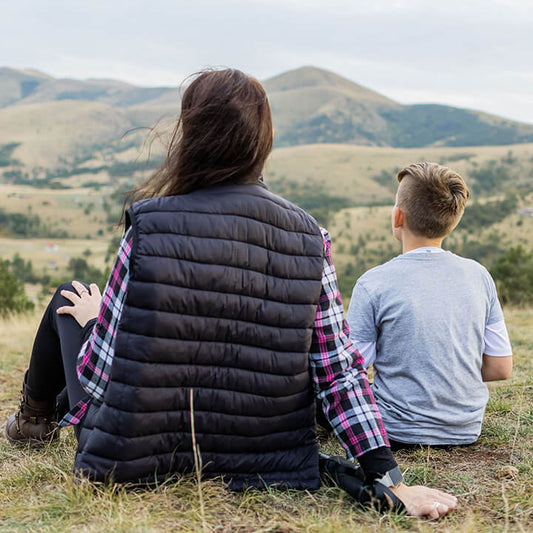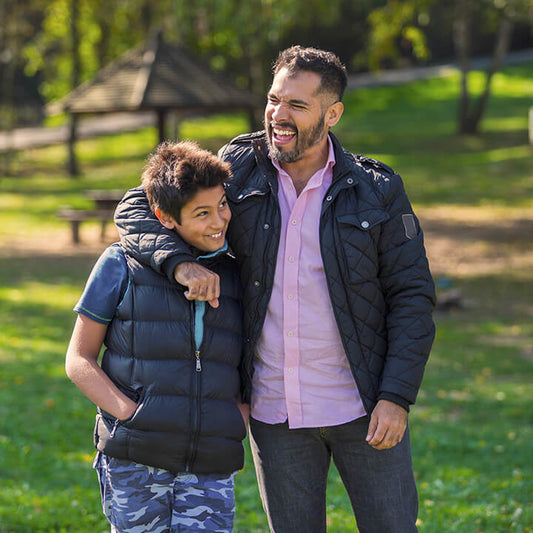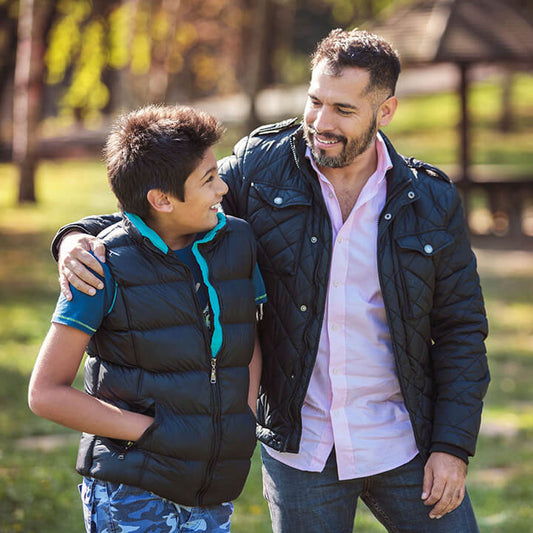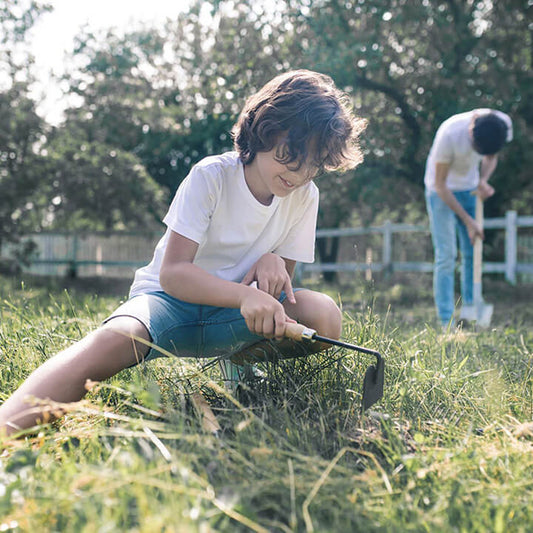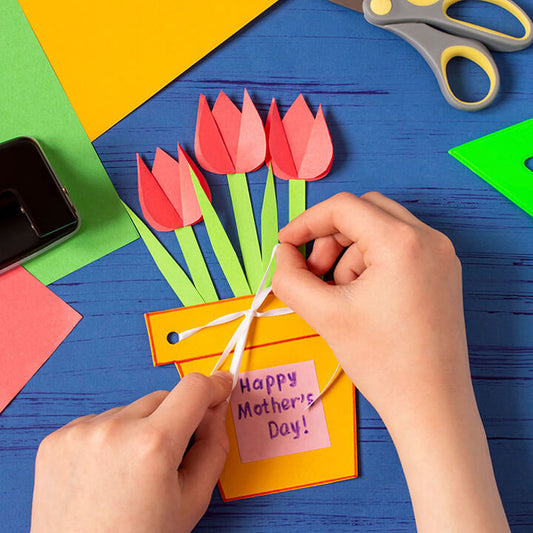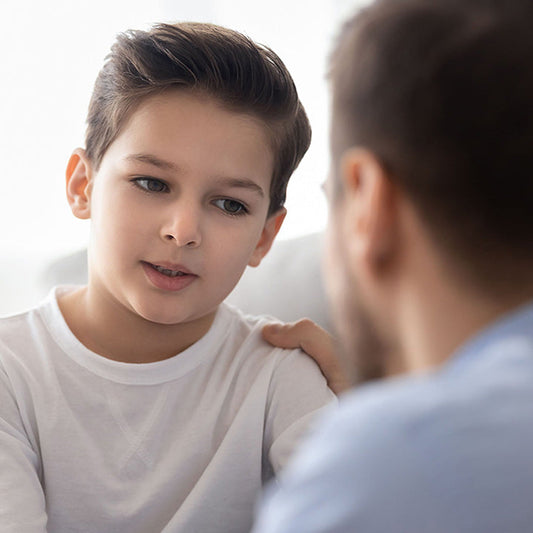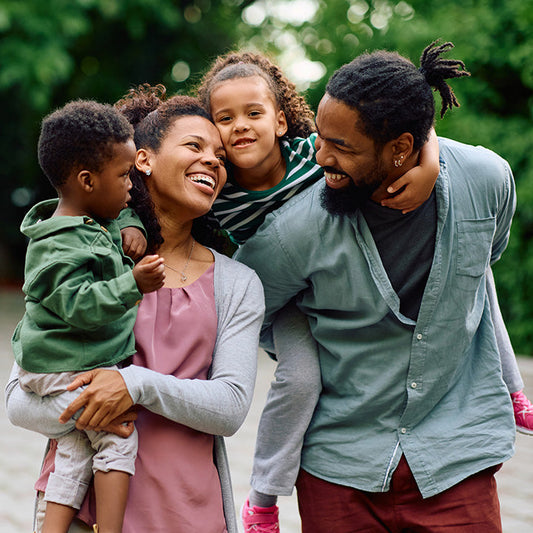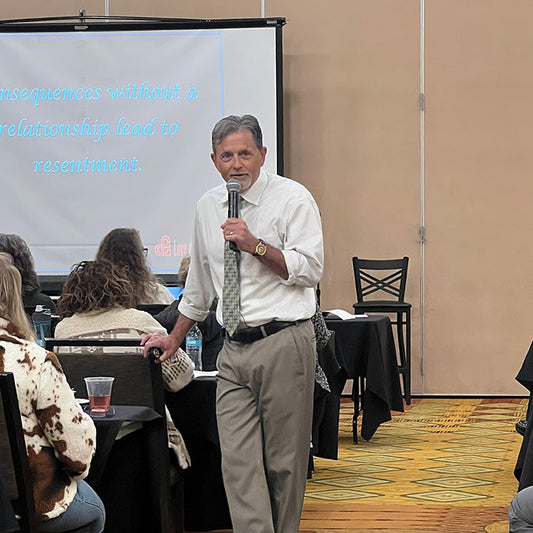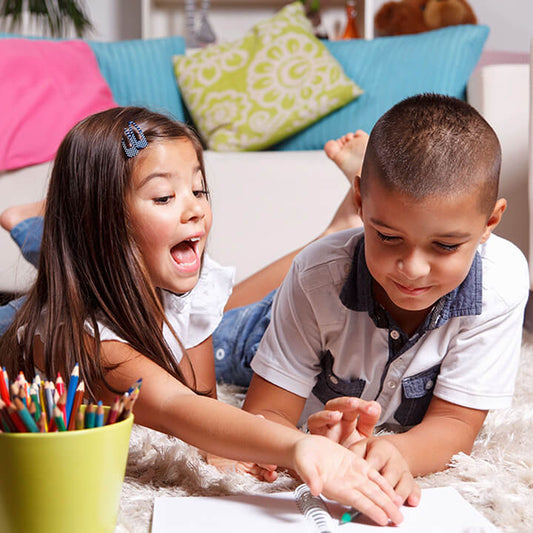For over 48 years, Love and Logic has provided adults with practical tools for raising responsible, respectful kids. Our mission is simple yet powerful—help adults build loving, healthy relationships with the children in their lives.
People often ask, “What makes Love and Logic work?” Some say it’s our strong emphasis on setting limits. Others point to our use of logical consequences for misbehavior. Both are partly right—but neither tells the whole story.
Limits and consequences matter, but their real power comes from strong relationships built on trust and respect. Children are far more likely to respond to guidance and boundaries when they feel genuinely loved and valued.
Why Relationships Give Limits Their Power

Kids learn best from people they love. When adults approach discipline with empathy and connection, their words carry more weight, and their guidance feels safe rather than threatening.
That’s why Love and Logic emphasizes relationships as the foundation for effective discipline. If we want our parenting or teaching strategies to work, we must nurture our connection with kids through simple, everyday actions like:
Everyday Actions That Strengthen Connection
- Focusing mostly on our children’s strengths rather than their weaknesses
- Smiling at them as often as possible
- Writing them little notes that tell them how much we adore them
- Greeting them each day with a hug or a high five
- Making sure that they overhear us talking about how much we love them
- Delivering our Love and Logic with great empathy and sincerity
These small but powerful habits will help children feel secure and valued—key ingredients for cooperation and emotional growth.
A Parent and Teacher’s Discovery
Love and Logic techniques like these were designed with the goal of establishing healthy relationships between adults and children and they have proven successful with many parents and teachers. Years ago, a parent, who was also a teacher, sent a letter to my father, Jim Fay, about her experience with Love and Logic. Here is part of what she wrote:
“Today, during your seminar, when you told us that Love and Logic was designed to meet the basic needs of all humans, it hit me. I realized for the first time that when adults meet a child’s need for safety (limits and boundaries), love, healthy control, and a sense of inclusion, bonding takes place automatically.
Ever since I started using the Love and Logic techniques, I’ve had increasingly better relationships with both my students and my own kids without realizing that it was the simple Love and Logic techniques that made it happen.
You are indeed a sneaky devil. While I’d been looking for a complicated way of developing relationships you slipped it in through the back door. Thanks.”
The Real Secret Behind Love and Logic’s Success
Her experience mirrors that of countless parents and educators who’ve discovered that Love and Logic is not about tricks or punishment—it’s about meeting children’s emotional needs through structure, empathy, and respect.
Love, Empathy, and Logic Working Together
Love and Logic seeks to transform relationships through simple, consistent actions. By meeting children’s basic needs for love, security, and belonging, adults naturally promote cooperation and respect. Healthy, happy relationships don’t require complicated methods—just love, empathy, and logic working together.
For more guidance on helping kids grow resilient and emotionally strong, explore our book Raising Mentally Strong Kids. This resource offers simple, proven Love and Logic strategies to strengthen relationships, build confidence, and support children’s emotional well-being.
Thanks for reading!



































